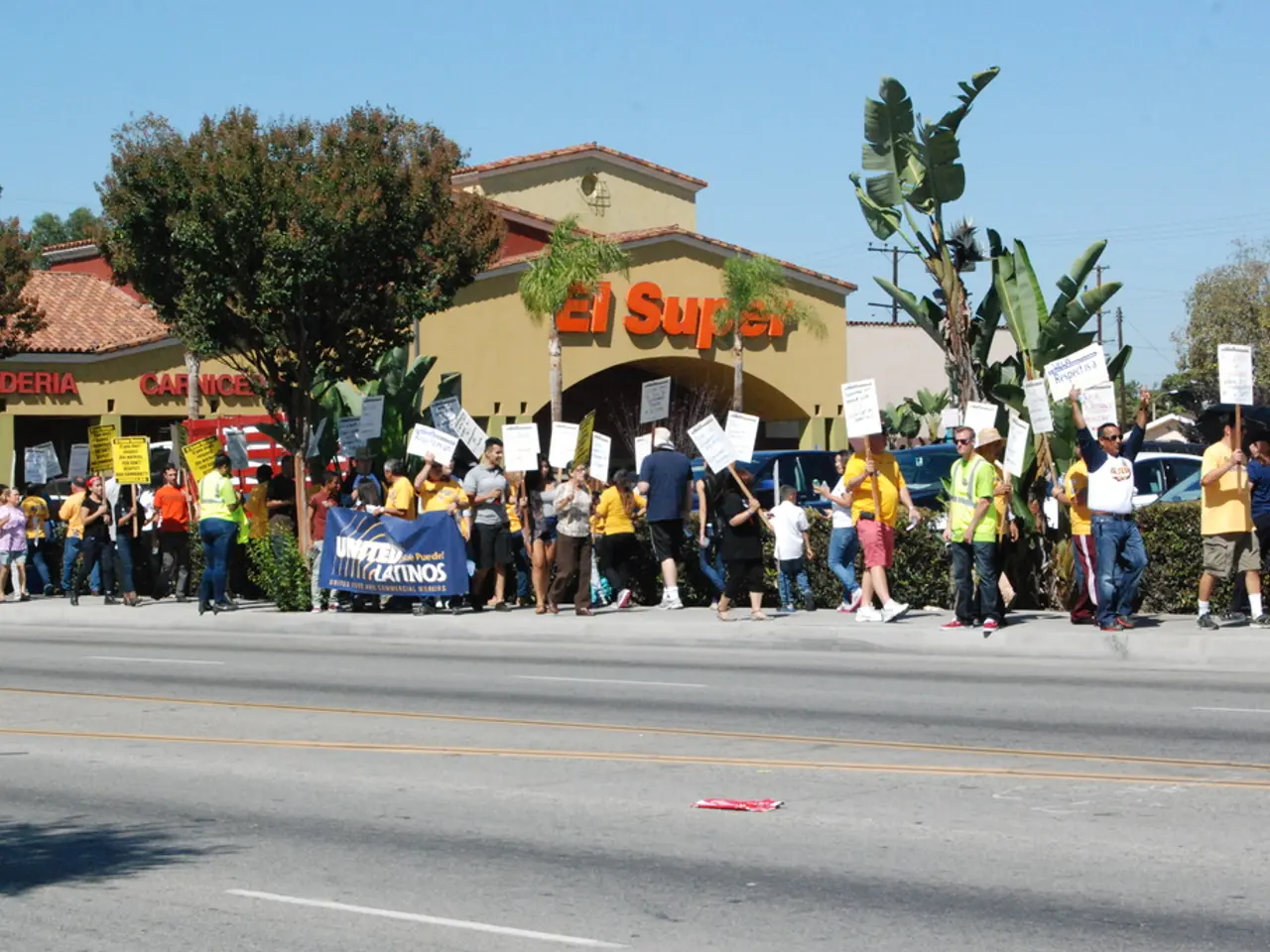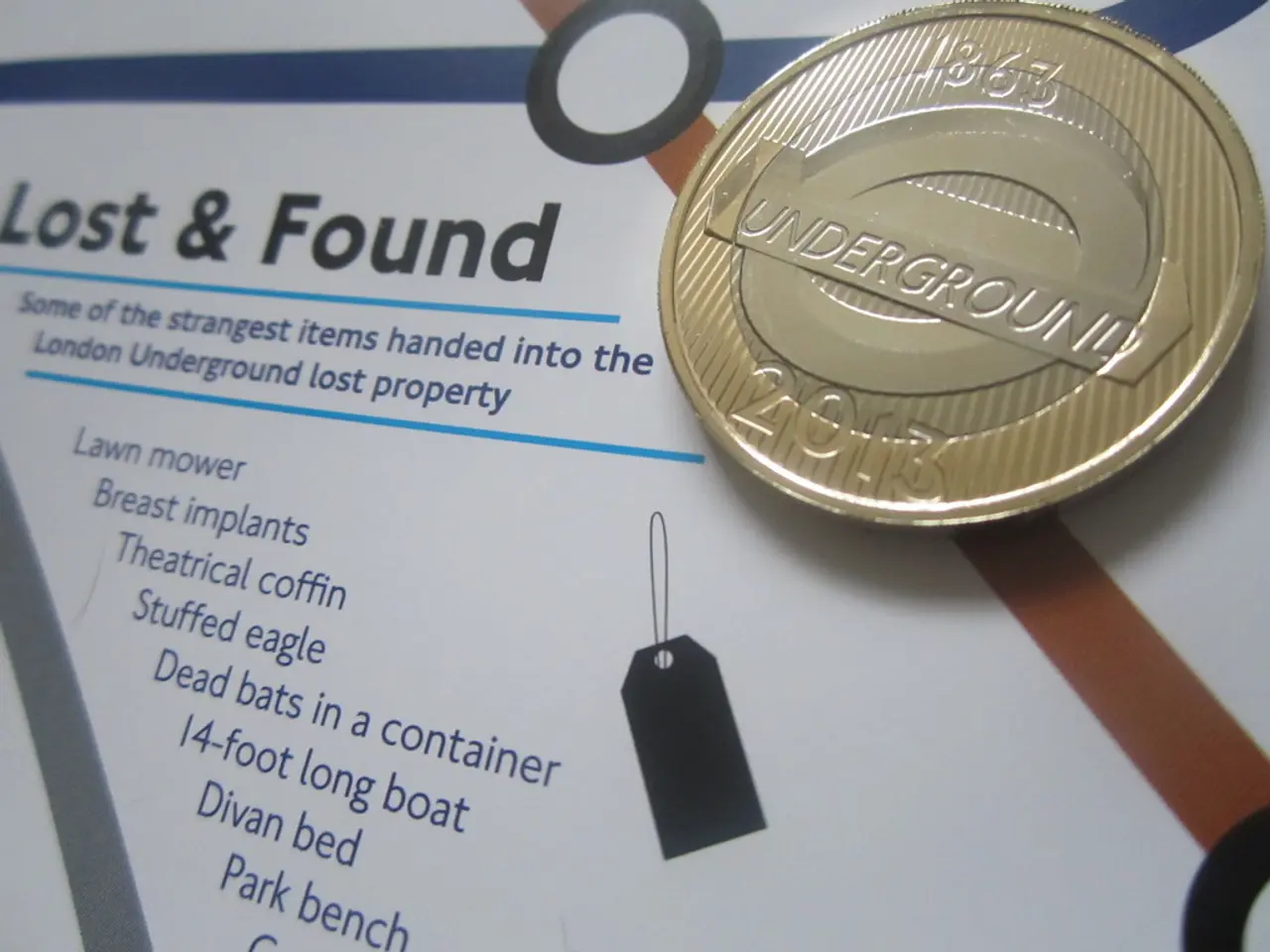Urge for Electronic Replacements of Traditional Mail Voting
In Germany, the traditional paper-based ballot system and postal voting continue to dominate elections, with no formal legal framework authorising online voting in federal, state, or local elections as of 2025.
Achim Berg, President of Bitkom, and CDU digital politician Thomas Jarzombek have been vocal advocates for digital voting options. Berg stated that online voting offers advantages such as resource-saving, low-threshold, faster, and appealing to younger voters. He also believes that approval for online voting would be even greater today.
Jarzombek, on the other hand, believes that digital voting would prevent manipulation by hackers. He suggests a secure registration, such as with the electronic ID card, and a two-step authentication to download and print the voting documents. He also advocates for allowing citizens to download voting documents digitally for future elections.
However, the prevailing approach to voting in Germany remains cautious due to concerns over cybersecurity risks, vote secrecy, verifiability, and the risk of manipulation or hacking. Security measures mandated for elections typically require at least the protections afforded by paper ballots, making fully digital remote voting a challenge under current frameworks.
Despite occasional discussions and proposals for the introduction of secure online voting trials or pilot projects at local or regional levels, no operational digital voting systems are in place federally or statewide. German election authorities and courts emphasise safeguarding secrecy and security, which have so far inhibited the adoption of internet voting.
This status aligns with broader European caution towards internet voting in public elections given security challenges and controversies seen elsewhere. Presently, Germany relies on traditional and postal voting methods for its elections, without official online voting implementation or detailed regulator-approved digital voting security schemes.
Intriguingly, the actual vote could still be cast analogously by sending the ballot papers back by post. As we move forward, post-2025 developments could potentially change this trajectory, but for now, Germany continues to prioritise transparency, security, and voter anonymity in its elections.
References: [2] European Union Agency for Cybersecurity (ENISA) Report on Internet Voting [3] German Federal Ministry of the Interior, Building and Community (BMI) Position Paper on Internet Voting
Other technology, like secure digital voting systems, has been proposed for elections, but traditional paper-based ballot systems and postal voting continue to dominate in Germany, despite advocacy from figures like Achim Berg and Thomas Jarzombek. Politics around this issue often involve discussions on security risks, vote secrecy, verifiability, and potential hacking, with the general-news media frequently reporting on these debates.




